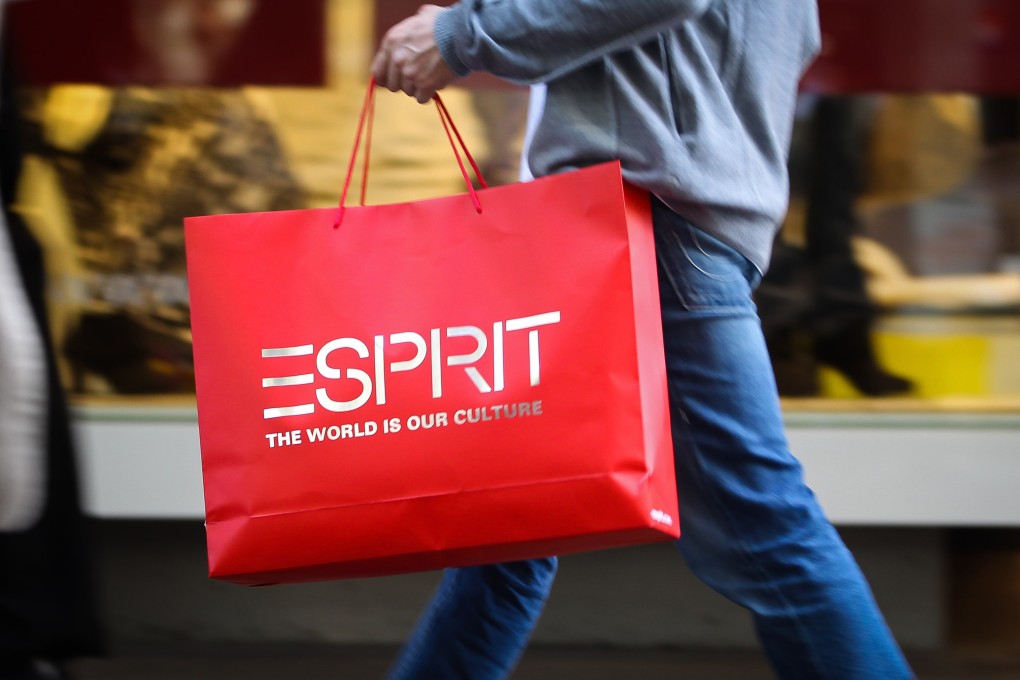Hong Kong-listed Esprit eyes comeback under new CEO after a decade of losses
- CEO William Pak Eui-won, whose interim role became permanent in March, said the firm has revamped its communications structure to speed up market response time
- Esprit was removed from the Hang Seng Index in 2013 and became mired in red ink, with a HK$2.55 billion net loss in 2018, but posted its first profit in five years in Q1

Once considered Hong Kong’s blue-chip fashion brand with a global presence, Esprit is eyeing a comeback in its native Hong Kong and Asian markets, with region-specific capsule collections and a focus on e-commerce and pop-up stores.
The Hong Kong-listed company seems determined to vindicate itself after a decade of mismanagement and losses. William Pak Eui-won, whose role as interim CEO of Esprit became permanent in March, told the South China Morning Post that the firm revamped its communications structure to speed up market response time.
“One big thing we did was to break down barriers,” Pak said. “At any time, different departments at different levels could talk to each other freely without the old hierarchical communication, and that helped a lot.”
Re-emerging amid a pandemic-induced retail slump in Hong Kong, analysts say the key to success for retailers in the city lies in tapping the right channels to reach consumers, who are demanding more from their shopping experience as business reopens.
Esprit’s first sign of recovery came in March, reporting its first profit in five years on top of HK$8.31 billion in revenue for 2021. Profit attributable to shareholders was HK$381 million, marking a turnaround from total cumulative losses of HK$9.1 billion over the past four financial years.